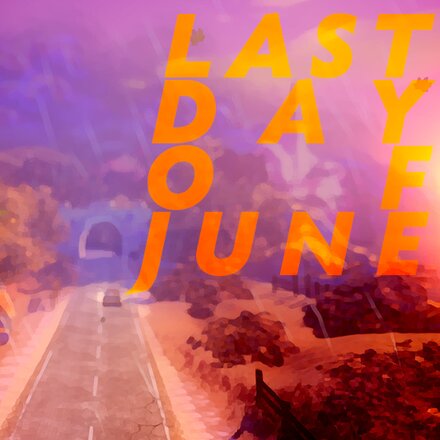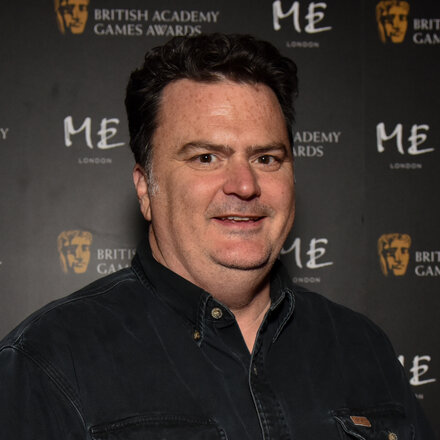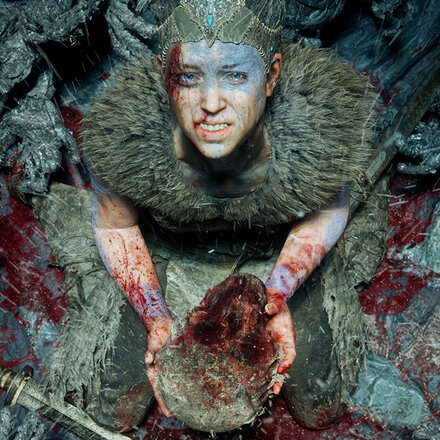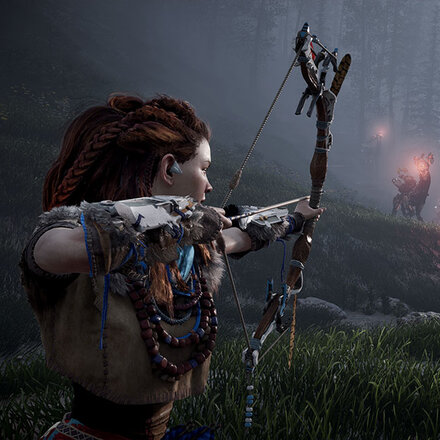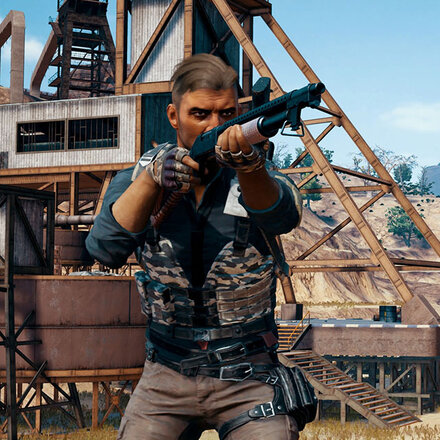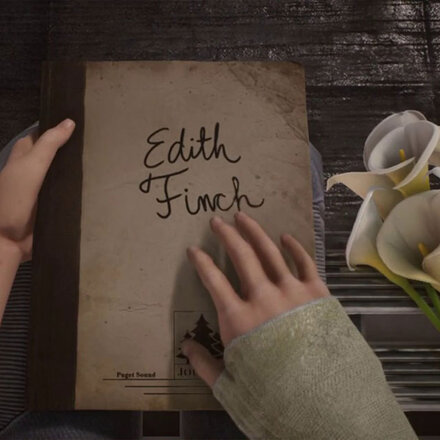What first inspired you to get into your craft?
I think it was around 1985, when my high school introduced more advanced computer classes. We were taught some arcane programming languages like PASCAL, and since I was already an obsessive gamer I immediately went over to the dark side and created a game. I am still proud that it was the first game created by a student at our school. The game was a super simple text adventure where you had to guess where a mouse was hiding and erm… NUKE IT. It was a bit of a hit with the kids in my class and from then on I was hooked.
After that I started to create game content in various ways: Boulderdash levels on the Commodore 64, Dungeons and Dragons adventures... whatever allowed me to create virtual or imaginary worlds. This later turned into a love affair with creating [my own] Doom and Quake levels.
How did you first break into the industry?
Those Quake levels of mine were getting very popular, and I stumbled upon an article in Wired magazine called The Egos at ID
It made me realise that people at the company, whose game I was creating levels for, actually hired people like myself. I took that idea, created a portfolio of my levels, and started applying for jobs around the world. Eventually I got an invitation to an interview in London at The Digital Village (TDV), which was Douglas Adams’ media company, and I was hired soon after. I ended up working on Hitchhiker’s Guide To The Galaxy. Those early years of my career still feel extraordinary to me.
Which professional figure in your field do you find the most inspiring?
Oh... so many! John Romero, Fumito Ueda, Roberta Williams, Lorne Lanning, Alex Pajitnov, Nolan Bushnell, Miyamoto of course, Kim Swift, but also indies like Messhof, Kellee Santiago/Robin Hunicke/Jenova Chen, Derek Yu, Nifflas, Terry Cavanaugh.. The list is endless really.
The key inspiration for me lies with developers who have created experiences that follow their own logic and rules or just decided to do things their way. Their games are unique and compelling in a way that makes them trailblazers.
If you hadn’t managed to break into your field, what was your plan B?
Ha, I nearly became a music researcher, filmmaker, ambient musician... this game malarkey was plan Z! Seriously though, writing (which I now do professionally as well) was always high on the list. Frankly, anything creative will do.
Which game do you wish you could have worked on?
Quake. It is just a work of genius.
What single piece of advice would you give to a young person trying to break into your discipline and get noticed? How do you stand out from the crowd?
Make something that comes from a truly personal place; something that nobody else can make. Once you find your passion the work becomes just a bunch of hurdles to jump (which is not easy, don’t get me wrong).
Were there any people who supported/mentored/championed you in the early stages of your career? How important are these kinds of relationships?
Yes, the Lead Designer at TDV, Adam Shaikh. Without him I am not sure I would have built enough skill (out of pretty raw talent) that was needed to face less friendly design environments. Thank you Adam!
How do you think the UK games industry will change in the next few years?
WILD CONJECTURE ALERT: More indies will do well, that wave will keep growing. For traditional studio based development things are still in transition. Now that the middle ground has been almost completely destroyed, (there are almost no companies able to survive by making mid-range budget games), a vacuum has appeared. This is already being filled however by midsized companies that operate in non-traditional spheres like iOS, Browser and Social Media. They also often make other types of products. These kinds of companies will do more and more important game work, but the question is if they can keep that going. These markets have not settled yet.

